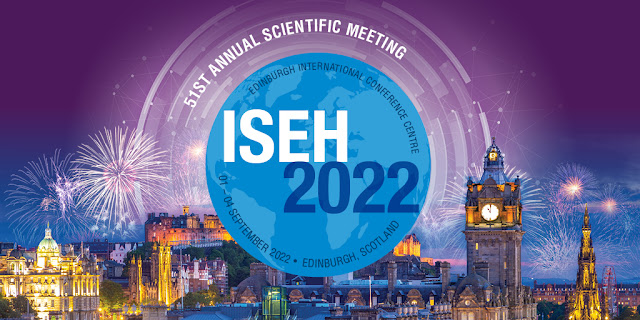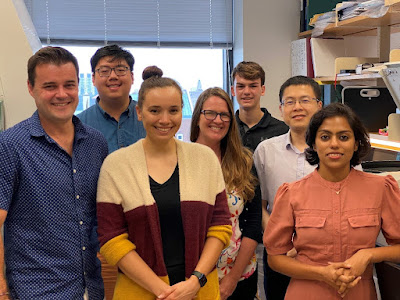Lab Spotlight: Tikhonova Lab

Each month, Simply Blood spotlights a lab contributing to the fields of hematology, immunology, stem cell research, cell and gene therapies, and more. Get to know groups doing cutting edge research from around the world! This month, we are featuring the Tikhonova Lab which is based out of the University of Toronto and Princess Margaret Cancer Centre in Canada ( https://tikhonovalab.com ). How long have you had your lab and who is currently in your group? We started in August 2020 and have been growing ever since. Our diverse and multidisciplinary team has two postdoctoral fellows, two Ph.D. students, an animal technician, part-time computational scientific associate, and a lab manager. What made you interested in pursuing a career as an academic researcher? I always valued academic research as it affords me the freedom to pursue my own ideas. You are only limited by your imagination and, at times, technology. What is the major research theme of your lab and how did you choose your lab’...



